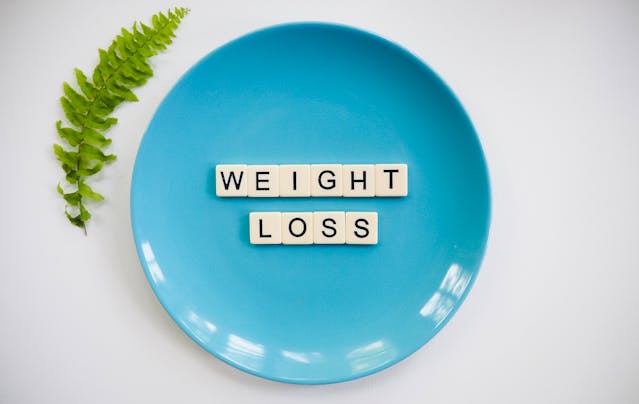With so many fad diets and weight loss products like slimming teas and meal replacement shakes out there, it can feel overwhelming when you’re trying to lose weight. You might wonder which diet is the best for you or whether certain products are actually worth your money and effort.
But even though it might seem that way at first, weight loss doesn’t need to be complicated. Often, taking it back to basics is the best way to achieve your desired weight.
Whether you have a significant amount of weight you’d like to lose or you’re only hoping to shift a few pounds, the following strategies should make weight loss quick and easy for you.
Keep Yourself Hydrated
Being dehydrated can lead to excessive thirst, which you may mistake for hunger and eat more than you need.
Dehydration can also cause you to feel lethargic and increase the chance of you reaching for more sugary, carb-rich foods that may be high in calories. In turn, dehydration can make it harder for you to get into a calorie deficit and lose weight, even if you’re doing everything else right.
Keep a filled water bottle by your side wherever you are so you can sip of water regularly throughout the day. If it’s a particularly warm or humid day, or you’re exercising vigorously, make sure to drink more water than usual to replace fluids lost in sweat.
Consume Plenty of Fibre
Fiber, particularly insoluble fibre, helps you to feel fuller for longer. Insoluble fibre remains in the intestines and slows down the rate at which food leaves your stomach.
Consuming adequate amounts of fibre will enable you to feel more satisfied without eating more food, making you less likely to snack and consume extra calories. Fibre can, therefore, streamline your weight loss journey and enable you to reach your desired weight with ease.
Fibre-rich foods include whole grains (pasta, rice, noodles, and cereal), oats, legumes, beans, fruits, vegetables, nuts, and seeds. Find exciting ways to incorporate these foods into your diet to keep yourself motivated to consume more fibre.
Reduce Your Portion Sizes
Reducing your portion sizes is a great technique for tricking yourself into thinking you’re still eating a similar amount but avoiding extra cravings. You can still eat your usual meals and snacks but reduce your total daily calorie intake to achieve a calorie deficit.
Portion sizes are unique to the individual so it’s hard to provide exact recommendations. Choose a smaller plate so still feel like you’re eating a decent portion whilst consuming fewer calories per meal.
Think Low-Density and High-Volume
When you’re trying to lose weight, choosing foods that are low in calories means you can consume a higher volume of foods and keep you full. Think whole grains and vegetables when finding low-calorie, high-volume options to fill up your plate.
Fruits, vegetables, and whole grains aren’t just good for keeping you full. They also provide your body with a range of essential nutrients, including vitamins and minerals.
Different colours tend to correlate to different nutrients. For example, orange and yellow fruits and vegetables are often high in vitamins A and C. Green leafy vegetables are high in vitamin K, iron, and magnesium. Consuming fruits and vegetables of a range of colours will maximise your nutrient intake to support your weight loss journey.
Manage Your Stress
Being chronically stressed can make weight loss more difficult. Stress hormones, particularly cortisol, cause your body to hold onto energy and increase fat deposition. It can also increase the likelihood of emotional eating or binge eating during times of extreme stress.
Stress management is key for pressing away stress and minimising fat storage, improving your metabolic rate, and avoiding emotional eating. Your stress management might look like establishing a relaxing nighttime routine, meditating, and incorporating mindfulness into your daily practice.
Reduce Your Consumption of High-Sugar Foods
Foods that contain high amounts of sugar can be highly addictive due to activating the dopamine reward pathways in the brain. When you eat sugary foods, these pathways are stimulated, and it motivates you to perform the same behaviour again in the future (i.e. eating the same sugary foods).
High-sugar foods tend to be packed full of calories and saturated fat, both of which are best avoided if you’re trying to lose weight. Whilst there is nothing wrong with treating yourself to some cakes, biscuits, or cookies every once in a while, doing so regularly can cause you to consume more calories than you need.

